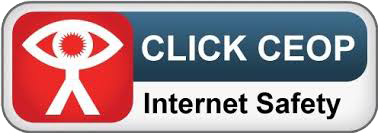Mr Brown
Email: ibr@ifieldcc.co.uk
Grade 6 in GCSE Spanish.
The A Level specification builds on the knowledge, understanding and skills gained at GCSE. It constitutes an integrated study with a focus on language, culture and society. It fosters a range of transferable skills, including communication, critical thinking and creativity, which are valuable to the individual and to society. The content has been designed to be of relevance to students of all disciplines.
Students will develop their understanding of themes relating to the society and culture of the countries where Spanish is spoken, and their language skills; they will do this by using authentic spoken and written sources in Spanish.
The approach is a focus on how Spanish-speaking society has been shaped, socially and culturally, and how it continues to change. Students study aspects of the social context together with aspects of the artistic life of Spanish-speaking countries.
Students must also study a book and a film from the lists in this specification. They must know, understand and be able to respond critically in writing in Spanish to the work they have studied. Their knowledge and understanding must include a critical response to aspects such as the structure of the plot, characterisation, and the use of imagery or other stylistic features as appropriate to the work studied.
Duration: 2 years
Exam Board: AQA
This qualification is linear. Linear means that students will sit all their exams at the end of the course.
Assessments at the end of Year 13
Paper 1: Listening, reading and Translation (50% of A Level)
Paper 2: Writing (20% of A Level)
Paper 3: Speaking (30% of A Level)
A Level in Spanish
There are many job opportunities available to you when you study languages. You could work as: an Interpreter, a Secondary school teacher, a Translator, a Broadcast journalist, a Detective, a Diplomatic service officer, an International aid/development worker, a Logistics and distribution manager, a Marketing executive, a Patent examiner, a Sales executive, a Tour manager and many more.
Language graduates tend to work for a huge variety of employers and sectors, including: business services, charity work, engineering, media, museums and libraries, public administration, teaching, tourism, transport and logistics.






